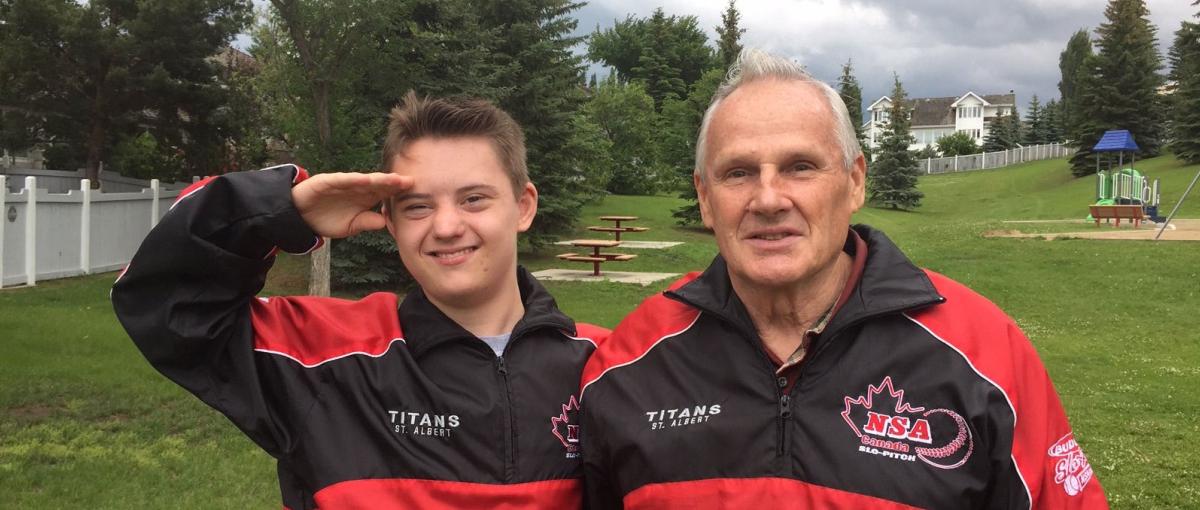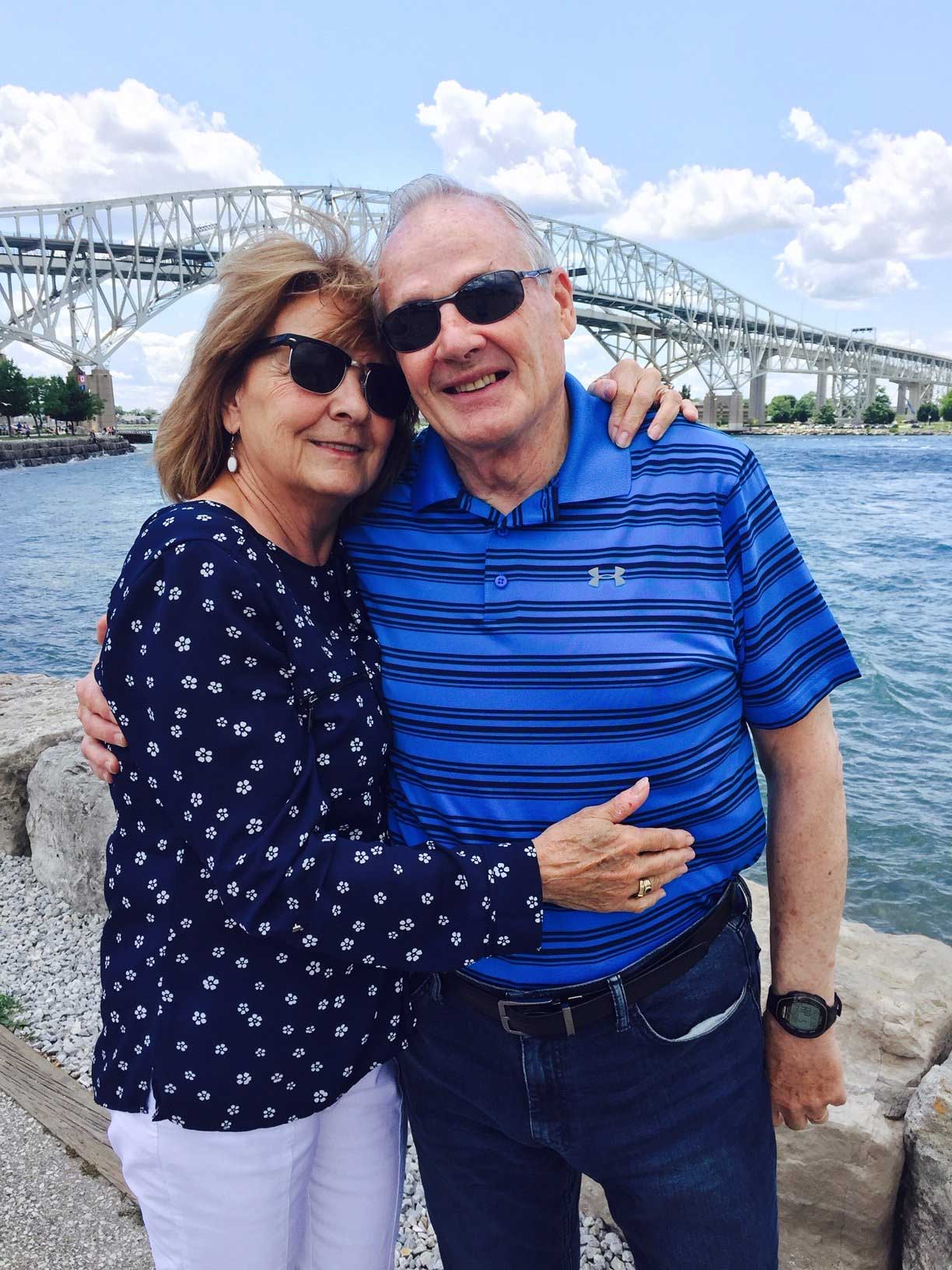Sessions help families navigate Alzheimer’s

January 30, 2020
By Katrina Lingrell, Senior Advisor, Digital Communications, Covenant Health
Leah Fisher has been married for 40 years, but her husband can’t always remember her name or share memories of their long life together.
Leah's husband, John, was diagnosed with Alzheimer’s in 2015, and nearly three years later, she made the difficult decision to place him in a long-term care setting. He was then moved to Villa Caritas, an acute geriatric psychiatry facility. There, Leah attended special education sessions designed to help family members better understand and cope with a loved one’s dementia. While she had done plenty of her own research into the disease, Leah says she learned even more during the sessions.
“The presenters shared honestly and openly about what was going on, and they had a way of communicating that was supportive and caring,” Leah says.
John is one of 500,000 Canadians living with Alzheimer’s, a type of dementia that causes brain cells to degenerate. Most people with Alzheimer’s experience memory loss and difficulties with speaking and understanding speech, problem solving and performing daily activities. The disease can take a tremendous toll on family members, particularly if they are the person’s caregiver.
Villa Caritas staff and physicians developed education sessions several years ago when they noticed there were few resources to guide families impacted by dementia. Organized by Andrea Moffitt, a social worker at Villa Caritas, the sessions draw on expertise from a range of professions, including social work, geriatric psychiatry, rehabilitation and spiritual care, and include a guest speaker from the Alzheimer’s Society. The sessions run quarterly, one evening per week over a six-week period. And along with educating family members, they offer a valuable opportunity for people to connect with and support others facing similar challenges.
“A lot of dementia care is helping the family navigate dementia,” says Dr. John McCahill, a geriatric psychiatrist at Villa Caritas. “They face the crushing emotional impact, combined with constant change.”
And with burnout, anxiety and depression common among caregivers and families of people with dementia, self-care is emphasized throughout the sessions.
“When you love someone, you will do anything for them, sometimes to the point of sacrificing your own wellness,” says Andrea. “It’s a mountain of responsibility to care for someone with dementia.”
John has since moved from Villa Caritas to a long-term care setting.

Leah and John have been married 40 years.
“He doesn’t remember a lot of things anymore, but that’s OK,” Leah says. “He doesn’t always know my name, but sometimes he says, ‘Hi, sweetie!’ when he sees me.”
Through her own experience, research and the sessions at Villa Caritas, Leah says she feels as well-informed as she can be about Alzheimer’s. One piece of advice she has for others in her situation is to not be afraid to ask for help.
“Asking for help is difficult for most people,” Leah says. “We are taught to take responsibility and suck it up when the going gets tough. Our generation especially takes pride in being self-sufficient without complaining, no matter how tough times get, but this can erode your physical and mental strength."